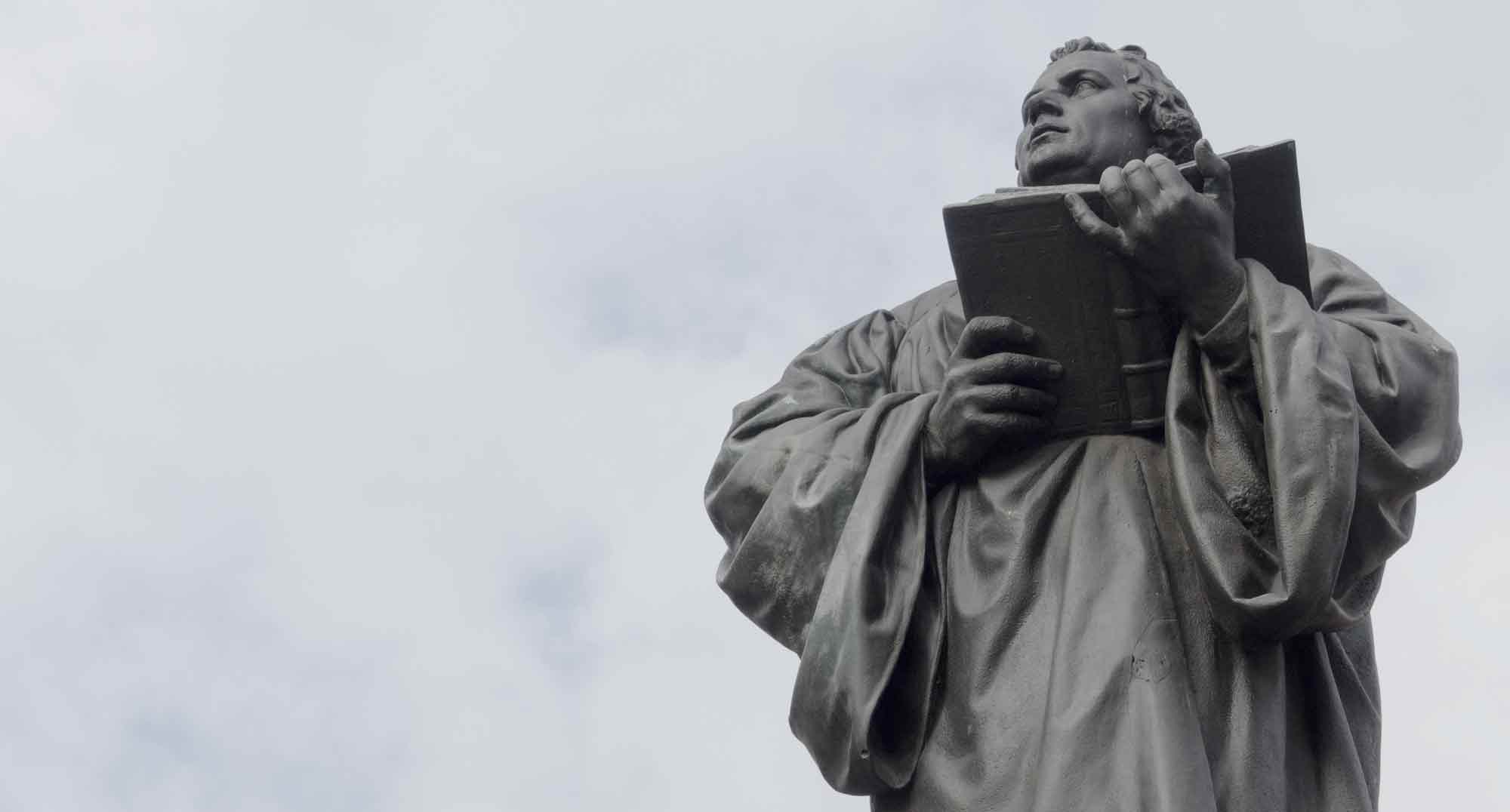A Mighty Fortress is Our God
KATHLEEN CHAPELL | GUEST “A mighty fortress is our God, a bulwark never failing! Our helper He, amidst the flood of mortal ills prevailing. For still our ancient foe doth seek to work us woe. His craft and power are great, and armed with cruel hate, On earth is not his equal.” (based on Psalm 46) Recently, I happened to tune into our local radio station in the middle of a discussion on the effects of music on our brains. The interviewer was referencing studies that indicate that, yes, music does affect our brain function—building stronger neuropathways between the two sides of our brain, triggering the release of dopamine, calming stress—even, under certain circumstances, lessoning physical pain. One can certainly google the effects of music on our brains and learn all about it—but the part of the discussion that really captured my attention was an account phoned in by one of the listeners. “Jane Doe,” I will call her, related the following story: While skiing in a remote area of Montana, Jane found herself going too fast for her skill level, and she suddenly lost control; her skis tangled, and she fell hard. The twisting impact broke her femur—reputedly the most painful bone injury one can suffer. Jane and her husband were alone on the ski run, so far off the grid that there was no phone signal to summon aid. Jane’s husband made her as comfortable as he could, and then skied away to find help. The story went on: there was Jane, lying in deep snow, in terrible pain, and very cold, frightened that she would die. Suddenly she remembered that in some long-ago church of her childhood, the congregation sang ‘A Mighty Fortress Is Our God.’ In that moment, recalling those words, “Our helper, He, amidst the flood of mortal ills prevailing,” Jane decided that if ever there were a flood of mortal ills, she was there, IN that flood—and so she began to sing. She sang timidly at first, struggling to recall the lyrics, but as she sang, more of the words began to come back to her, and soon she was singing at the top of her lungs: “A mighty fortress is our God, a bulwark NEVER FAILING!” This fight song, written centuries before, became Jane’s fight song—fighting against the pain, pushing back against the bitter cold and fear. When help finally arrived, her rescuers were shocked at how conscious and coherent and calm Jane was—and she was still singing! “A mighty fortress—a bulwark never failing!” Jane continued her song as she was transported down the mountain on a snowmobile and throughout the three-hour ambulance ride to the hospital. She credits this bold hymn with saving her life that day. The discussion continued, but I wasn’t really listening any longer; I was thanking the Lord for this testimony coming over the radio waves and into my heart and thoughts. This hymn that so stirred my heart that afternoon was written around 1521 by Martin Luther (1483-1546)...










